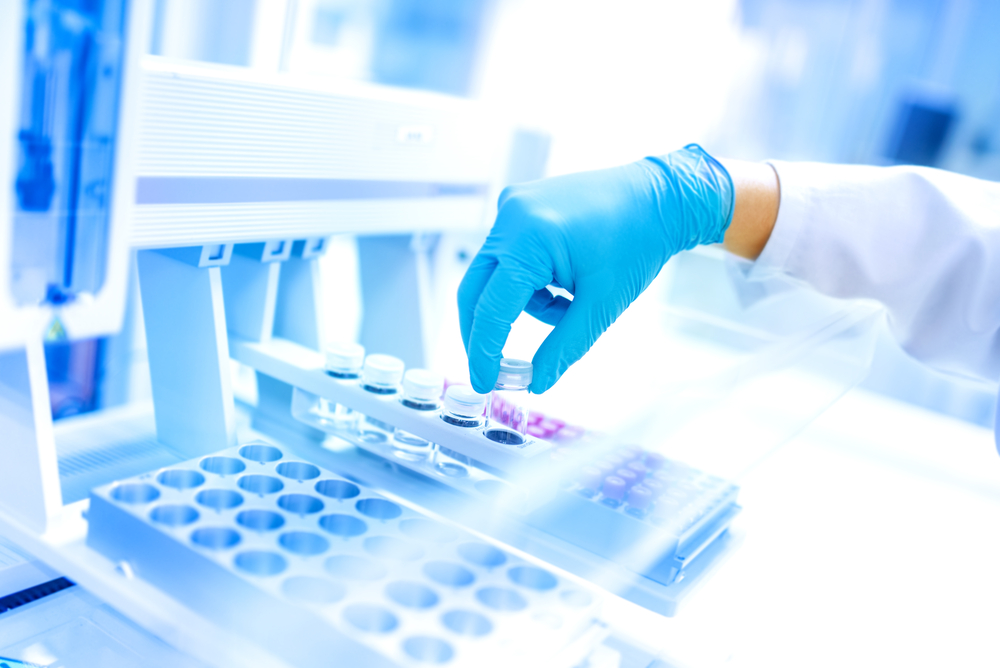
A DNA test could determine whether or not patients are likely to become addicted to opioids, according to a Georgia pain and addiction specialist.
Dr. Damon Christian Kimes, an addiction and pain specialist at Roswell Pain Specialists in Roswell, Ga., provides new patients with the Proove Opioid Risk genetic profile, a method that reportedly analyzes an individual’s DNA and codifies them by level of risk for addiction. Proove, a personalized pain management company founded by geneticists in Irvine, Calif., claims that its profile has an approximately 92% accuracy rate in determining whether an individual presents a low, moderate or high risk for opioid dependency.
“People often do not know what their genetics hold,” he told Fox 5 Atlanta. “What we will be able to do is look at the opioid risk index, we are going to be able to look at specific medications and how your body metabolizes or breaks down those medications.”
Kimes—who is married to Atlanta-based dentist Dr. Heavenly Kimes, star of the Bravo reality series Married to Medicine—stated that the Proove opioid risk profile can be a valuable tool for doctors to not only assist but actually prevent addiction in patients.
“When you have that genetic DNA test right there … you can say this is in your genetic makeup,” said Kimes, “[and] we can act on it or avoid certain things because we know that this is something that we may have a problem with later on.” In March, Kimes invited doctors attending the National Rx Drug Abuse & Heroin Summit in Atlanta to visit his clinic so they could witness firsthand patients undergoing DNA testing with the Proove opioid risk profile.
According to a press release from Proove, the company sold more than 31,000 Proove opioid risk profiles to physicians the in 2015. These tests join the more than 600,000 genetic tests—which are also used to identify effective psychiatric drugs—administered by various companies between 2012 and 2015, which has some industry observers concerned about the legitimacy of the studies behind the tests.
A review by the New England Center for Investigative Reporting found that nearly all of the evidence supporting the effectiveness of these tests were based on limited studies founded by the companies themselves or by researchers they fund, and are not regulated by the government or the Food and Drug Administration prior to marketing and sale of the products.
Proove’s 92.75% accuracy rate is based on research conducted by its own scientists, who presented their findings at a meeting of the American Society of Regional Anesthesia and Pain Management in 2015.
